Chemical-recycling – Circular-nonwoven 23-06-2022 - Arhive
Chemical-recycling – Circular-nonwoven
Crude Oil Prices Trend
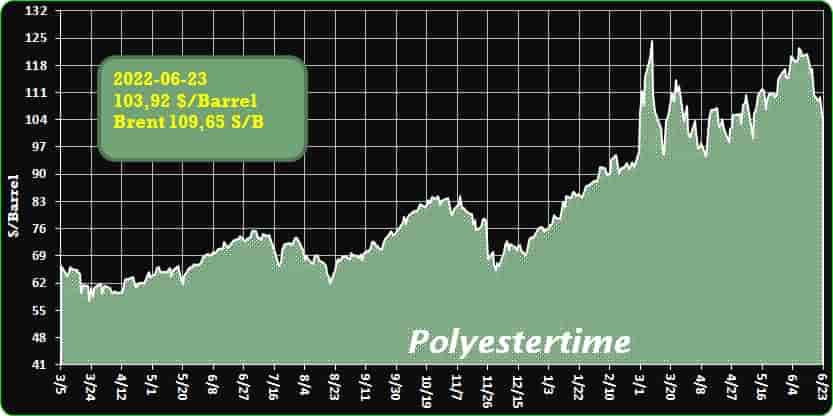
-Over 2 billion plastic bottles recovered for recycling in SA in 2021
According to figures released at the PET Recycling Company’s (PETCO) annual general meeting in June, 2.1 billion PET bottles were diverted from landfill last year thanks to the various recycling efforts in which it was involved.
On the back of waste management experts warning that parts of South Africa could soon run out of landfill space, CEO Cheri Scholtz said PETCO’s efforts had saved an area equivalent to 560,495 cubic metres and prevented potential associated carbon emissions of 135,604t in 2021.
Despite a challenging year for the paper and packaging sector, PETCO, which represents producers of PET packaging, grew its collection of post-consumer PET bottles for recycling by 14% – from 79,078t in 2020 to 90,402t in 2021. Chemical-recycling – Circular-nonwoven
“In spite of the impact of prolonged Covid-19 lockdowns and curfews on collection rates, which restricted the movement of informal collectors, 63% of PET packaging that was placed on the market by PETCO members was collected for recycling in 2021,” Scholtz said. “Once lockdown regulations eased, PETCO made a concerted effort to stimulate collection by supporting informal waste pickers and formal collection businesses, buy-back centres, and recyclers, and encouraging them to grow capacity and capability.”
With mandatory Extended Producer Responsibility (EPR) regulations laying down Year 1 targets for PET of 60% for beverage bottles, 7% for oil bottles, 9% for thermoforms and 60% for single-use products, she said the current collection rate places PETCO in good stead to meet these targets.
“Although these targets are applicable for year one of mandatory EPR, comparatively speaking, these figures would indicate that we are well placed to be compliant on behalf of our members. In 2021, we started to expand our reporting methodology in order to be able to track progress against all the identified products that our members place on the market for which we offer an EPR scheme. Using information provided by our members on exactly what they place on the market, in combination with assumptions provided by our recycling partners of the make-up of a typical bale that they purchase, we were able to measure collection of identified products such as beverage bottles, oil bottles, home and personal care bottles and non-PET elements such as labels and closures.
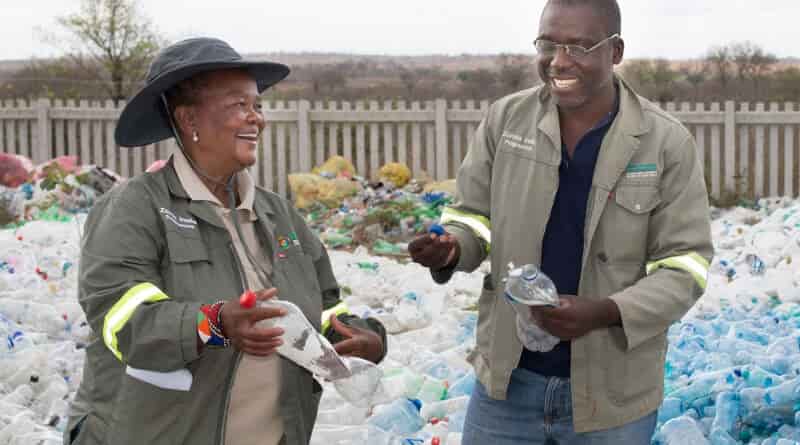
-Invista to Expand Nylon 66 Capacity
The company is making a significant investment in its South Carolina facility to transform it from carpet fiber to nylon 66 polymer focused production.
INV Polymers Nylon Americas, the polymers business of Invista, will undertake a significant investment in its U.S. facility in Camden, S.C., aimed at meeting increasing demand for nylon 66 spurred by such trends as eMobility and the Internet of things that can support electrification and increased complexity. This includes engineered plastics designed for modern connectors and sensors with ever-increasing performance and connectivity. Chemical-recycling – Circular-nonwoven
Essentially, the investment will transform the facility’s production process and logistics capability—which was previously designed to support carpet fiber production—into a polymer-focused plant that can provide increased supply capacity for nylon 66 resin to the merchant market. Construction will begin later this year and is expected to be completed in 2024.
Said Pete Brown, v.p., of Invista Nylon Polymers, “Invista is known for its high-quality nylon 66 polymer, supported by its world-class, upstream chemical intermediates technologies.
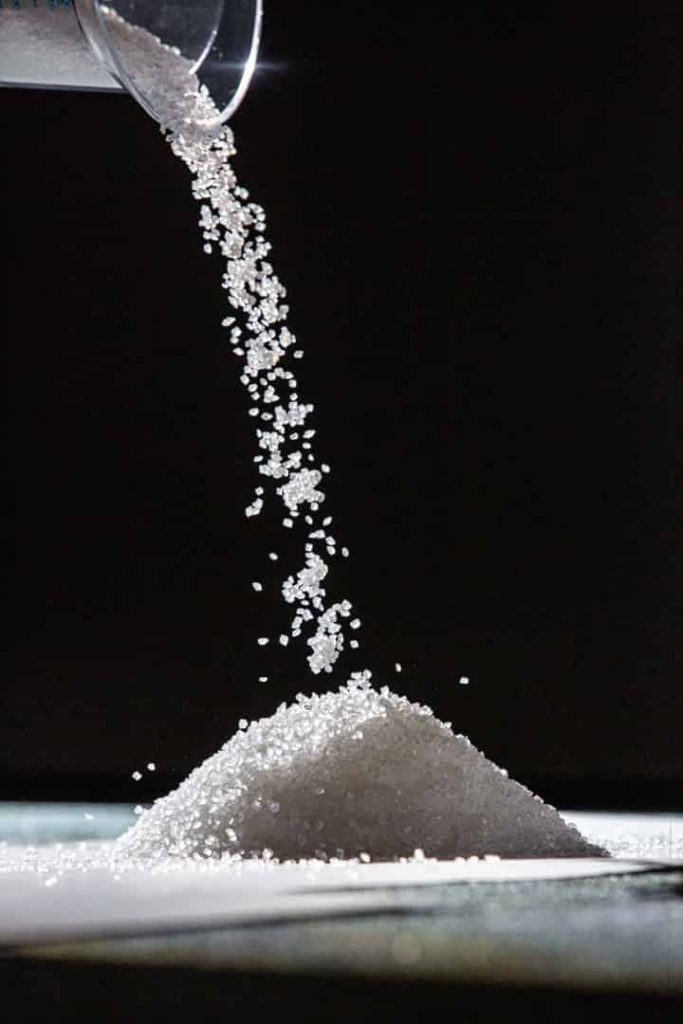
-BASF makes battery recycling commitment
Company announces scrap batteries-to-black mass production facility to be built in Germany.
Germany-based chemical and materials company BASF has announced it will build what it calls a commercial scale battery recycling and black mass production plant in Schwarzheide, Germany. Chemical-recycling – Circular-nonwoven
The multinational company says the plant will have an annual processing capacity to handle 15,000 tons of electric vehicle (EV) batteries and battery production scrap.
“With this investment in a commercial scale battery recycling black mass plant, we take the next step to establish the full battery recycling value chain at BASF,” says Dr. Peter Schuhmacher, an executive there. “This allows us to optimize the end-to-end recycling process and reduce the CO2 footprint. The closed loop from end-of-life batteries to cathode active materials (CAM) for new batteries supports our customers along the entire battery value chain, reduces the dependency from mined raw materials and enables a circular economy.”
BASF describes battery recycling as “an important lever to reduce the CO2 footprint of battery electric vehicles, and is key to meet ambitious, circularity-driven policy requirements, expected under the proposed EU Battery Regulation.”
The investment will tie into the policy effort to improve the recycling efficiency of lithium-ion batteries, as well as material recovery and recycled content targets for nickel, cobalt and lithium.
“This investment strengthens BASF’s CAM production and recycling hub in Schwarzheide,” states BASF, which calls the site “an ideal location for the build-up of battery recycling activities given the presence of many EV car manufacturers and cell producers in Central Europe.” Chemical-recycling – Circular-nonwoven
BASF describes black mass production as the first step in the battery recycling process (following collection) and says it is based on mechanical treatment of batteries. The produced black mass contains marketable amounts of the metals used to produce CAM: lithium, nickel, cobalt and manganese.
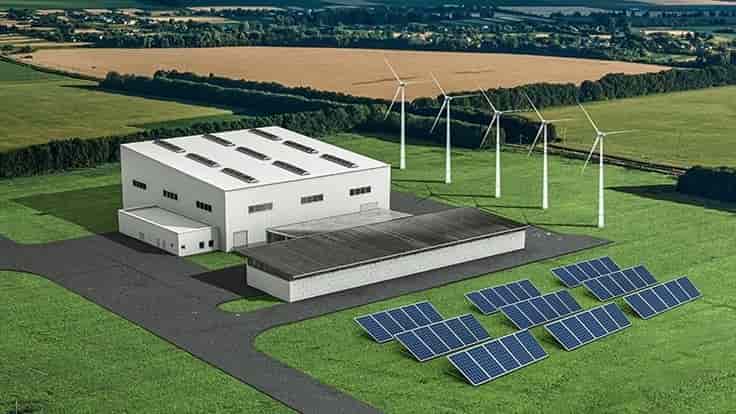
-IVL joint venture for circular nonwoven mattresses
Indorama Ventures has teamed up with Auping and TWE Group to deliver a fully circular initiative by closing the loop in mattress design, manufacturing and recycling across nonwoven applications. Chemical-recycling – Circular-nonwoven
On show at Techtextil, the collaboration and innovation presents a certified cradle to cradle process that includes the inclusion of safe raw materials within mattress manufacturing that allows the materials to be easily disassembled at the product’s end of use in order to be further reused as same components or recycled into new raw material at the same quality level.
The manufacturing process begins with design, where the mattress is constructed using only two different base materials, 100% PET polyester textiles and steel wire pocket springs connected with Niaga, a non toxic reversible adhesive, making the mattress easy to disassemble and recover.
Auping collects, sorts and separates the collected fabrics, which then go to IVL Mullagh for processing, melting and extrusion to form polyester staple fibre. These staple fibres are then converted by TWE Group into nonwovens for use in Auping’s Evolve mattress, the world’s first fully circular mattress. Following the end of mattress use, the material recovery process simply starts again. Chemical-recycling – Circular-nonwoven
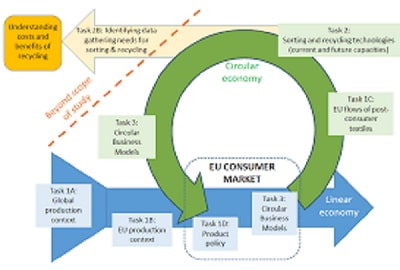
-MEG prices slump despite the shutdown of Shanghai Petrochemical
Shanghai Petrochemical closed its MEG units over last weekend due to the fire. On Monday morning, MEG price picked up shortly due to the accident, but then receded sharply to around 4,900yuan/mt by the late session of Monday. Chemical-recycling – Circular-nonwoven
The drop was mainly due to:
- Falling crude oil and coal prices
- The drop in some commodity futures in China
- MEG port inventory up 57kt to 1,235kt
- Increasing short positions on high inventory and weak demand
The nameplate capacity of the two units is 605kt/year. However, the 225kt/year No.1 unit has been fully switched to EO production and #2 380kt/year unit was running at low rate. The effective MEG output of the #2 unit could be only around 100kt per year. So the impact of Shanghai Petrochemical fore on MEG market is limited.
Sinopec Yangzi Petrochemical will fully switch to produce EO after the completion of maintenance of its 300kt/year unit. However, it is now uncertain whether the unit could be restarted as planned on June 24 after the accident at Shanghai Petrochemical. If the unit could not be restart as scheduled, EO price is expected to increase. And some producers may lower EG/raise EO operating rate. Chemical-recycling – Circular-nonwoven
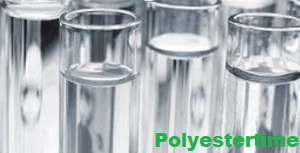
Last week, ethylene prices declined in Asia.
An industry source in Asia requesting to remain unidentified informed a Polymerupdate team member, “The price fall was prompted by persistent bearish buying sentiments and plentiful product availability.” Chemical-recycling – Circular-nonwoven
The source added, “Sluggish downstream PE demand and pricing trends further pressured prices lower.”
On Friday, CFR North East Asia ethylene prices were assessed at the USD 985-995/mt levels, a fall of USD (-20/mt) from the previous week. FOB Korea ethylene prices were assessed at the USD 1025-1035/mt CFR levels, a week on week decrease of USD (-30/mt) from the previous week.
CFR South East Asia ethylene prices were assessed at the USD 1095-1105/mt levels, a plunge of USD (-50/mt) from the previous week.
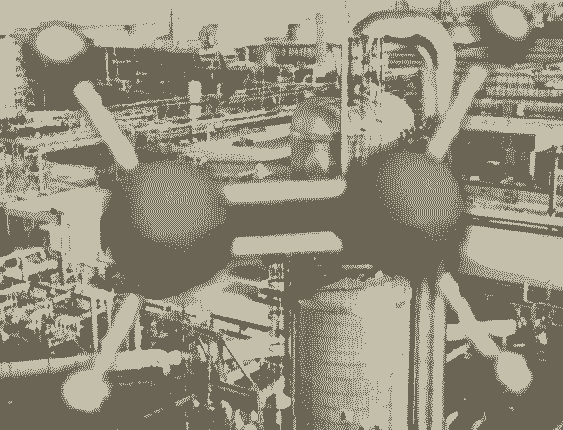
-Why hydrogen is not the answer to petrostates’ woes
Hydrogen production may help some petrostates diversify during the energy transition, but it will not replace oil and gas. Chemical-recycling – Circular-nonwoven
As the world’s energy systems transition from those largely fuelled by hydrocarbons to those largely powered by renewables, there will be a profound shift in where our energy comes from.
Hydrocarbons are found in deposits that are the result of organisms alive millions of years ago undergoing particular geological processes, in particular climatic conditions. Coal, made from ancient swamp forests, is found in nearly every country around the world. Oil and gas tends to be less widespread – and therefore more expensive – stemming from plankton breaking down on the ocean floor.
Renewable power, by contrast, can be generated from sun and wind across the Earth’s surface. It is dependent on weather patterns that exist everywhere, not specific geological processes. Chemical-recycling – Circular-nonwoven
This is great news for consumers, who can in theory generate or buy cheap, renewable electricity wherever they may be, but it is bad news for petrostates, which are oil and gas-producing nations whose economies have become overly dependent on the export of fossil fuels, with little success thus far at diversification.
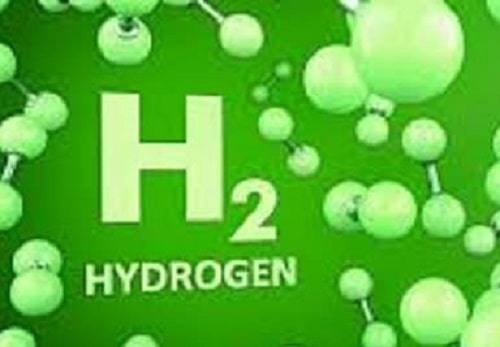
-Quantafuel reveals plans for Sunderland chemical recycling plant
Plastics-to-oil firm Quantafuel has submitted a planning proposal to build a facility at the Port of Sunderland.
If it goes ahead, it will be the Norwegian firm’s first chemical recycling plant in the UK. It currently runs a commercial-scale plant in Denmark and a demonstrator project in Sweden. Chemical-recycling – Circular-nonwoven
Quantafuel wants the Sunderland plant to start in 2024, with the ability to process around 100,000 tonnes a year of plastic through pyrolysis. It said 100 new jobs would be created.
The oil produced will be shipped to customers in the petrochemical industry and the gas produced would power the plant. The proposal will be considered by Sunderland City Council.
Last month, Quantafuel signed an option agreement with the council to develop the land at the Port of Sunderland.
Quantafuel chief executive Lars Rosenløv: “New facilities are needed to help deal with plastic waste, and we can offer a long-term, sustainable alternative to incineration and landfill that will provide significant environmental benefits, whilst also creating new jobs in Sunderland.
“We have considered our plans in detail, consulted widely with the community and are delighted to have now submitted a planning application. Chemical-recycling – Circular-nonwoven
“We look forward to further engagement with the community during the summer as we await the outcome of the planning decision in the autumn.”
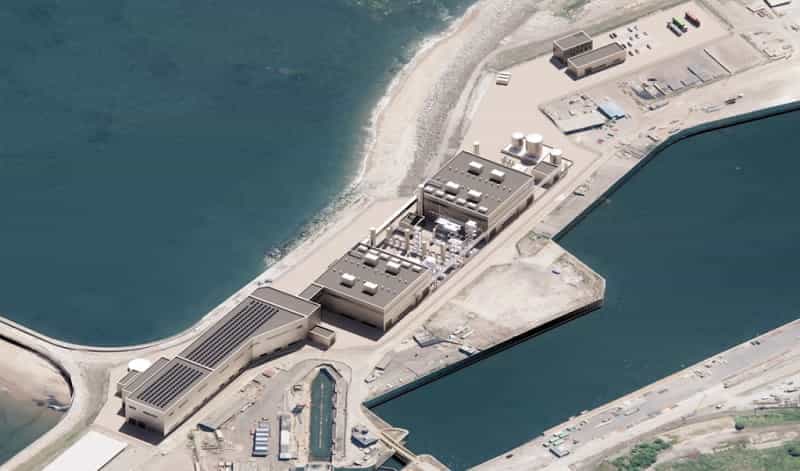
Chemical-recycling – Circular-nonwoven
